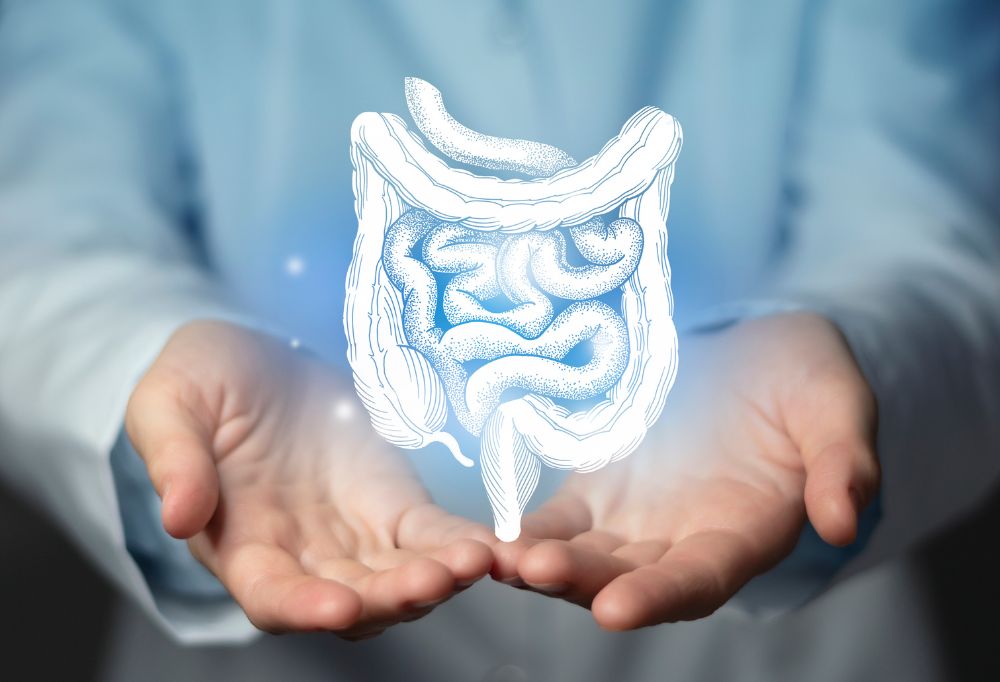By Staff of Forum Health Akron
Melatonin is a hormone produced by your pineal gland and is most commonly associated with sleep. It actually causes drowsiness and lowers your body temperature when it is time to go to bed. It gradually rises during the night with a peak at 2:00-3:00am. B vitamins are essential building blocks for melatonin. So if you are deficient in B vitamins, you are likely deficient in melatonin.
Not only does melatonin affect sleep, but it aids the immune system, is an antioxidant, balances the stress response, helps prevent cancer, improves mood and stimulates the production of growth hormone. There are also some studies that indicate if you do not sleep at least seven hours per day, your risk for heart disease increases. Individuals with heart disease were actually shown to have lower melatonin levels.
Women going through perimenopause are likely deficient in melatonin, which is related to the fluctuations in estrogen and testosterone during this time. Other causes of melatonin deficiency include: alcohol, caffeine and certain medications. What can you do to naturally increase melatonin? You can exercise and eat bananas, rice, tomatoes and walnuts. Melatonin is not recommended if you are pregnant, nursing, have an autoimmune disease, mental illness, or suffer from leukemia.






